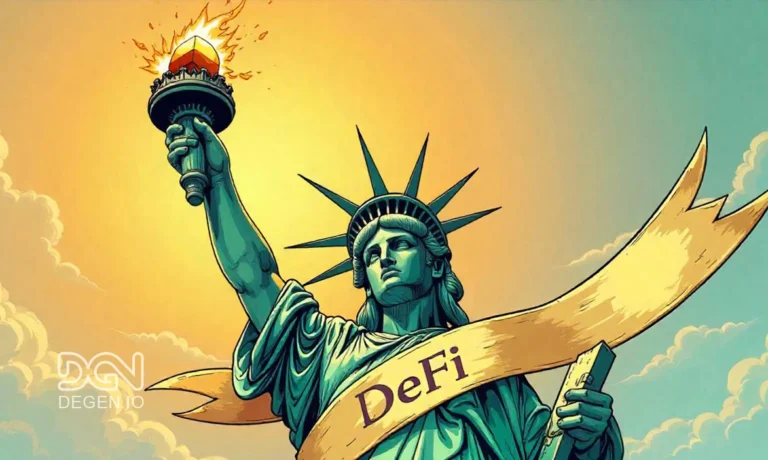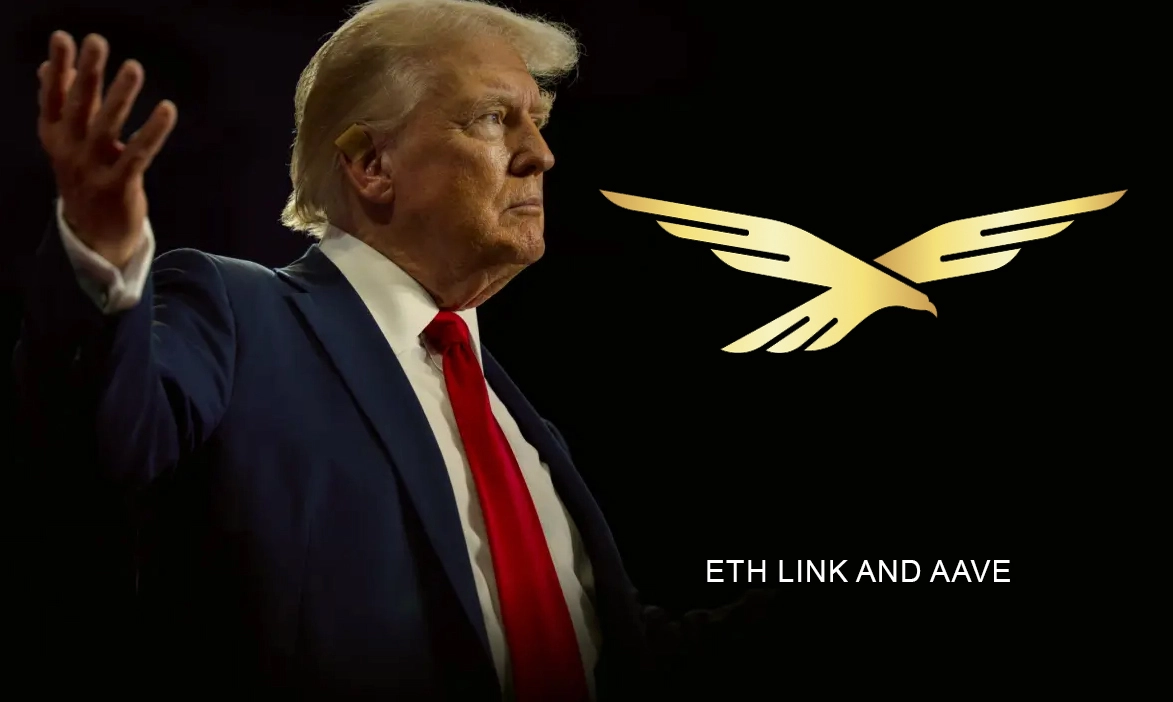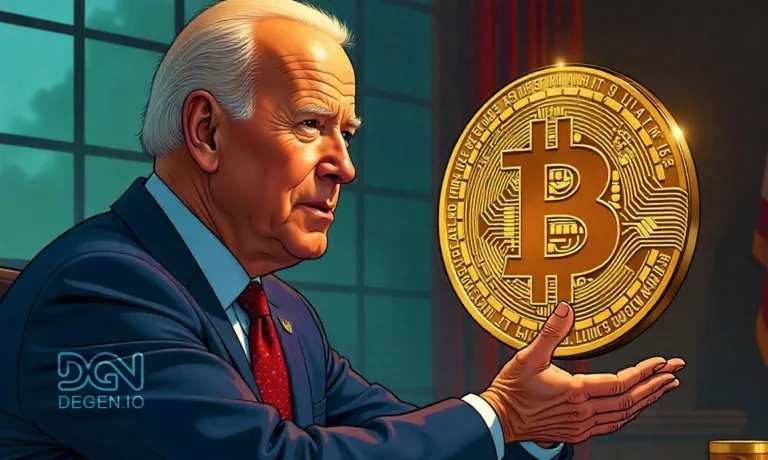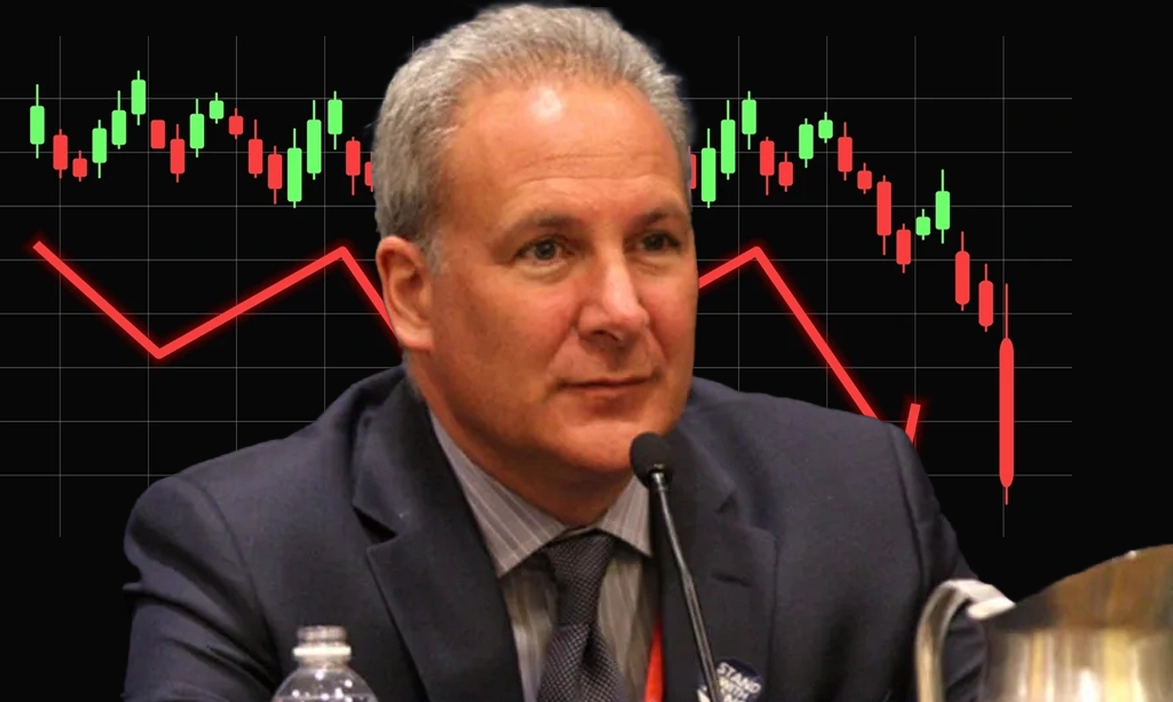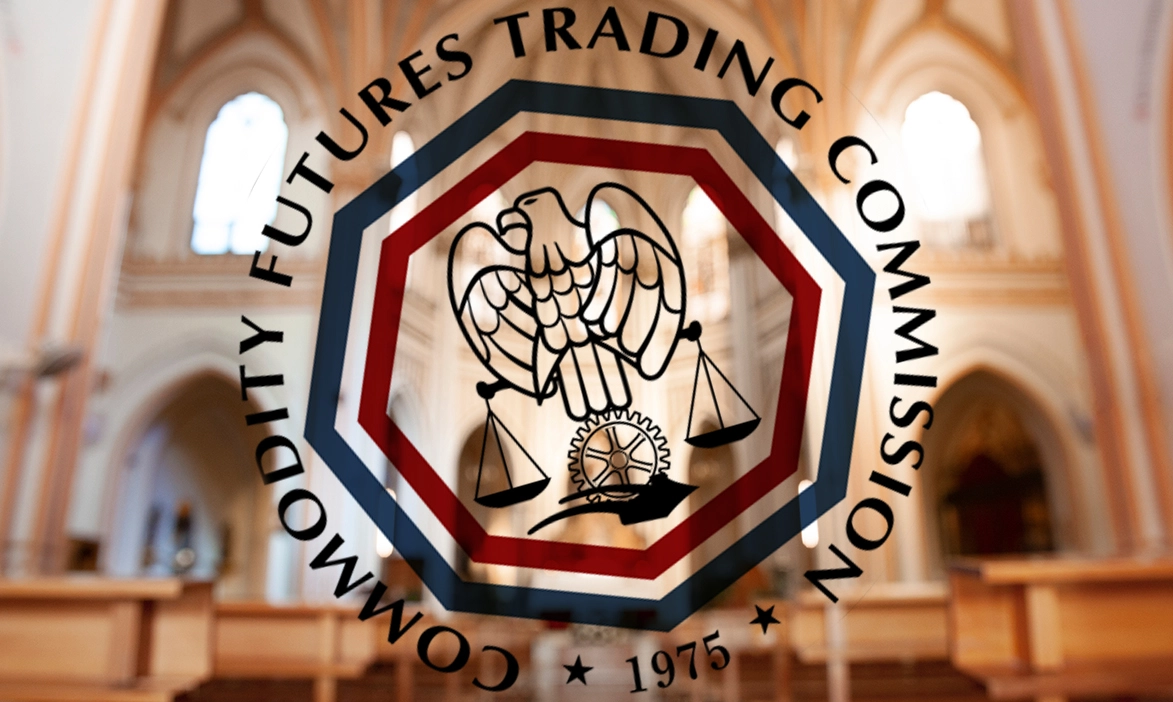Binance has once again proven itself as the undisputed leader in the crypto exchange space, achieving unprecedented milestones in 2024. The platform reported $21.6 billion in customer deposits, far outpacing its closest competitors and cementing its dominance in the industry.
Unmatched Deposit Growth

According to data released on Dec. 12, Binance’s deposit total is 36% higher than the combined deposits of the next ten largest exchanges, including OKX, Bitfinex, Robinhood, and Bybit, which collectively reported $15.9 billion.
This remarkable growth is attributed to multiple factors, including:
- The Binance Launchpool: A popular initiative that attracts users by offering unique opportunities to earn rewards while holding assets.
- Market Trends: The surge in Bitcoin and Tether (USDT) deposits, driven by rising adoption and institutional inflows.
Recent data from CryptoQuant highlighted significant increases in average deposit sizes. The average Bitcoin deposit rose by 358%, from 0.36 BTC in 2023 to 1.65 BTC in 2024. Similarly, USDT deposits saw a staggering 1,073% growth, climbing from $19,600 to $230,000.
The First $100 Trillion Milestone
This year, Binance became the first centralized cryptocurrency exchange to surpass $100 trillion in lifetime trading volume, setting a benchmark in the industry. The platform’s ability to handle massive trading activity while maintaining a seamless user experience underscores its technological and operational excellence.
The Driving Force: Institutional Investors
A key factor behind Binance’s success is its ability to attract institutional investors. Developments such as the approval of Bitcoin ETFs have played a pivotal role in simplifying access to crypto markets for these large players, resulting in substantial inflows.
Institutional interest is also tied to broader trends in global crypto adoption, including:
- Advancements in Regulatory Frameworks: Clearer guidelines have encouraged institutions to enter the market.
- Record-Breaking Price Movements: Bitcoin’s historic rally in 2024 has spurred both institutional and retail activity.
Richard Teng, Binance’s CEO, called 2024 a “landmark year” for the crypto industry. “We’re grateful for the trust placed in us by our expanding user base. Binance remains committed to driving innovation and shaping the future of crypto trading and investment,” Teng said.
User Growth Hits New Heights
Binance’s user base grew exponentially in 2024, reaching 250 million users globally. The platform added 10 million users in November alone, reflecting its appeal to both retail and institutional investors.
Key reasons for this growth include:
- User-Friendly Features: Binance’s intuitive interface and diverse product offerings make it accessible to all levels of traders.
- Security and Trust: The platform’s robust security measures and transparency continue to attract users in a volatile market.
- Global Accessibility: Binance has maintained a strong presence in emerging markets, further driving user adoption.
Competition Falls Behind
While this popular crypto exchange has surged ahead, its competitors are struggling to keep up. OKX, Bitfinex, Robinhood, and Bybit have seen slower deposit growth, collectively reaching $15.9 billion, significantly behind the $21.6 billion mark.
This gap underscores Binance’s unique ability to capture market momentum and adapt to evolving user needs. Its early adoption of innovative initiatives, such as staking and yield farming through the Launchpool, has set it apart in the highly competitive exchange landscape.
Crypto Adoption Surges Globally
The growth of Binance is a reflection of the broader rise in global crypto adoption. Several factors have contributed to this surge:
- Regulatory Clarity: Many countries are embracing clearer regulations, encouraging both retail and institutional participation.
- Bitcoin ETFs: The approval of Bitcoin ETFs has simplified access for institutional investors, driving higher inflows into the crypto market.
- Technology Advancements: Improved blockchain technology and increased utility for cryptocurrencies are making digital assets more attractive.
What’s Next for Binance?
As Binance continues to lead the market, its focus remains on innovation and expansion. Initiatives in Web3, DeFi, and blockchain education are expected to drive further growth.
Teng emphasized Binance’s commitment to staying ahead of the curve. “Our mission is to bring crypto to the world. We will continue to innovate and ensure our users have access to the best tools and opportunities in this space,” he said.
While competitors scramble to catch up, Binance’s ability to combine scale, innovation, and user-centric features ensures its position as the frontrunner in the crypto industry.
The Road Ahead for Crypto Exchanges
Binance’s dominance highlights the growing maturity of the crypto market. As institutional adoption rises and technological advancements continue, the line between traditional finance and crypto is blurring.
For now, the record-breaking year underscores its role as a cornerstone of the digital asset economy, setting the standard for what’s possible in the fast-evolving world of cryptocurrency exchanges.

